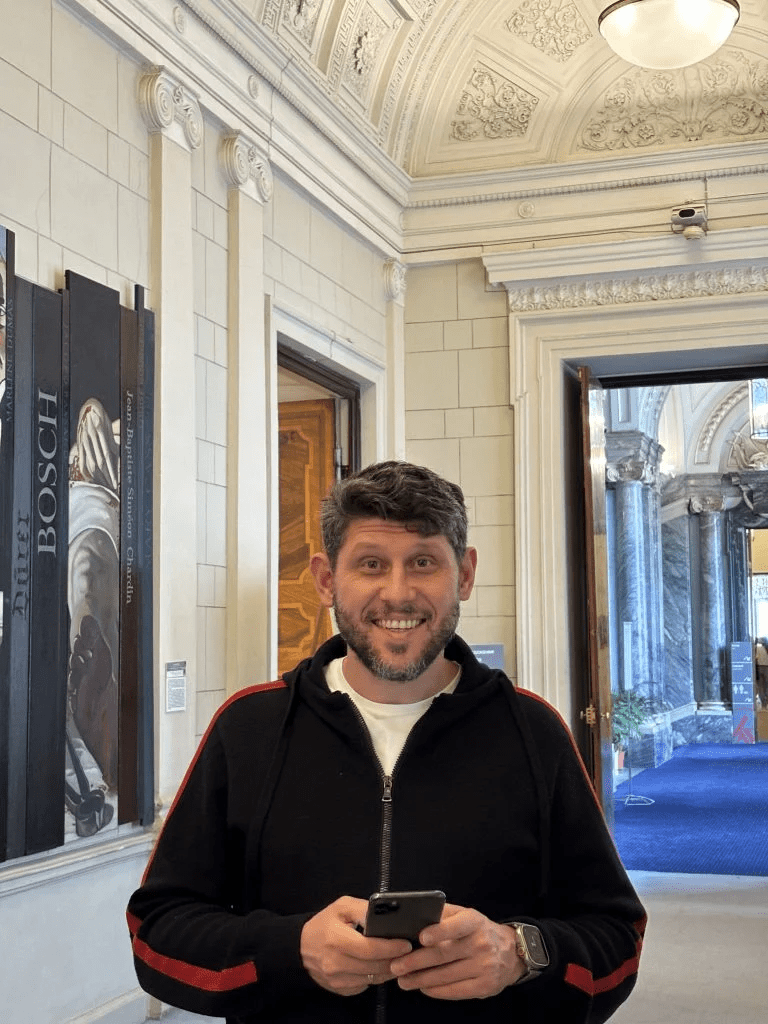Fine Art Shippers has achieved a lot in the last few years. This would not have been possible without Ilya Kushnirskiy. Inna Logunova talked to Ilya about the company, his father's icon collection, and his personal plans for the near future. Read this text to get to know our co-founder better.
What do you currently specialize in?
It is difficult for me to single out one area of activity. In fact, all my work is related to communication and marketing in one way or another. As a co-founder of Fine Art Shippers, an art logistics company, I manage the Marketing team. This includes business development, PR and media promotions of the company, and building new partnerships. Also, my activity is partly connected with sales strategy development and implementation. In addition, there is Russian Icon Collection, a collection of icons assembled by my father, Oleg Kushnirskiy. I have been involved in the management and promotion of the collection for over five years, which includes working with the media, developing the content strategy for the website, and a large project dedicated to the publication of the catalog. In April 2023, the book was published in Russian, and now we are preparing the English version for publication. We plan to organize a global digital exhibition of the collection. You could say I am the driving force behind this project, inspiring, motivating, and organizing people – both my team and partners. I am also currently studying to become a clinical psychologist, and I am planning to launch a project related to social psychology and psychotherapy popularization. Psychotherapy has helped me a lot, so I want to share my experience and knowledge.
Where do you see yourself in a year?
I am going to develop in all the directions I’ve just described. Basically, they all come together into one communication strategy. I will be getting my first degree in Counseling Psychology this fall and would like to start practicing. I will also be more deeply involved in Fine Art Shippers’ business development. This January, we signed a contract with Arcis, which provides high-tech art storage in New York City. A large part of my efforts will be focused on developing this facility and launching additional transportation units across the US to expand our art logistics capabilities. In the long term, I would like to develop this space not only as art storage but also as a venue for lectures, exhibitions, discussions, and art logistics exchanges. This will help galleries, auction houses, and private collectors get a better idea of what to pay attention to when choosing a fine art shipping provider or organizing art transportation on their own, as well as how to select internal and external specialists for these purposes.
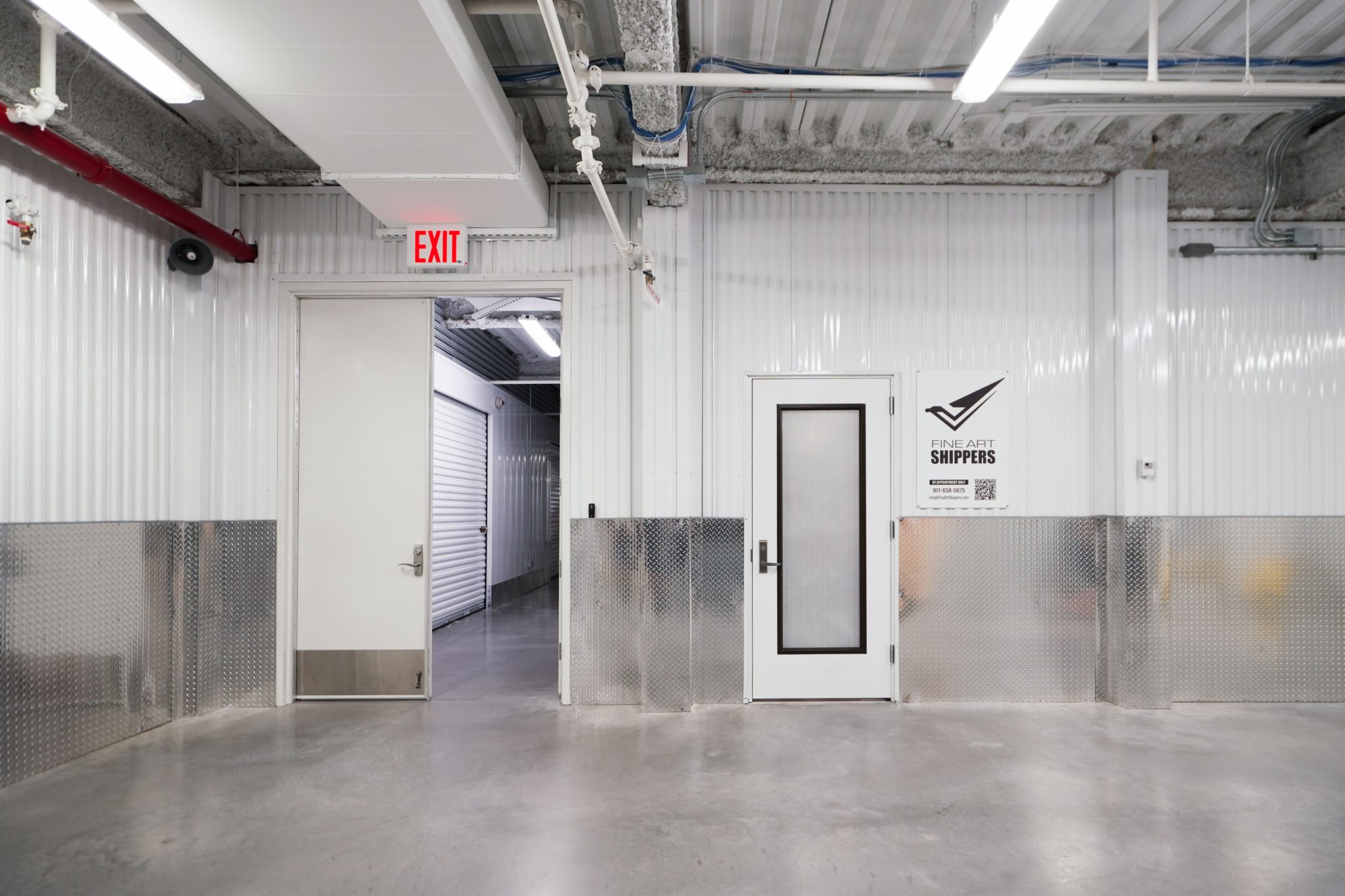
Of course, I will continue to be involved in the international development of the Russian Icon Collection project. For example, this October, we’ll be holding a physical exhibition of Oleg Kushnirskiy’s collection of icons at the Museum of Russian Art (TMORA) in Minneapolis, MN. And in 2025, we have a digital exhibition planned at the Naum Knop Foundation Museum in Buenos Aires, Argentina, along with other exhibitions.
How do you see yourself in five years?
I hope that in five years, my father’s collection of icons will be world-famous, becoming a museum treasure through our publishing and exhibition activities. This is especially important to me, as my father devoted several decades of his life to it. I want our exhibitions to be held all over the world, with books about the collection and themed merchandise sold on Amazon. By this time, I also hope to have earned a degree in Clinical Psychology. I feel the most inclined to existential therapy, especially Viktor Frankl’s logotherapy, which is based on the search for the meaning of life. Perhaps, I will organize a center or engage in individual counseling in this sphere. My logistics company will also develop. I would like to extend our business coverage to, at least, three more locations. Right now, we have an office in New York, and in the future, I plan to open offices in Miami, Los Angeles, and Texas. This will help us become more relevant in the market and move from being a small/medium business to a large business.
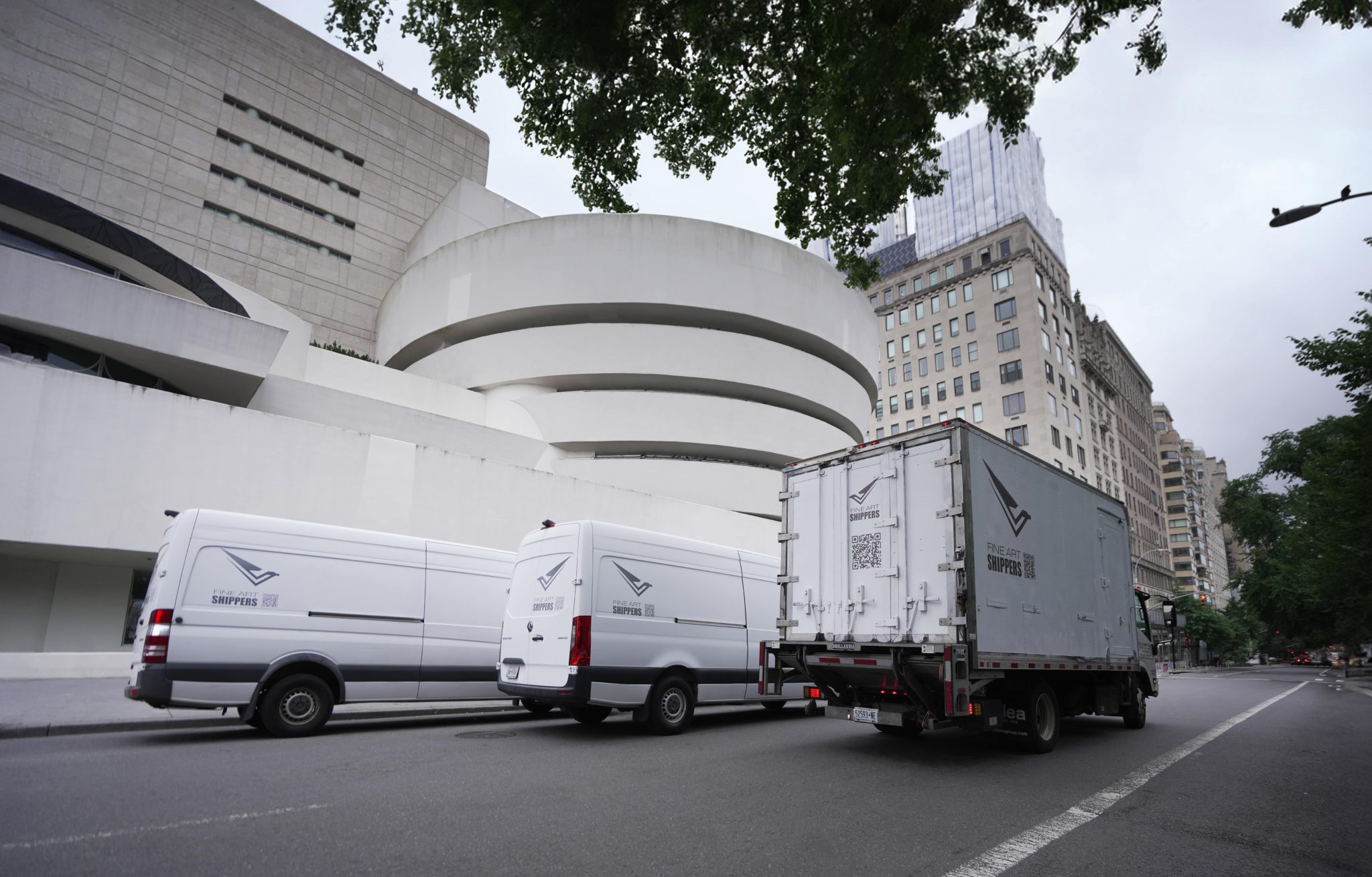
What is the most important thing in your life? Name 5-10 points.
The most important thing for me is interpersonal relationships and communication with people, which is probably the reason that drew me to psychology. I value people highly and cherish communication and humanity above all. My family is especially dear to me: my son, parents, cousins, grandparents. I cherish the memory of those who have passed away and appreciate those who are close to me. Family is my spiritual foundation. I cherish friendships and relationships with friends from different periods of my life – childhood, adolescence, university years. Even if we don’t communicate for a long time, our meetings are always filled with warmth, and we feel like we have never parted. Professional and working relationships that have a tinge of friendship are also important to me. I also can’t imagine my life without art. I grew up surrounded by art thanks to my collector father, visited museums from childhood, and my first job was at the Showplace Gallery. And now, at Fine Art Shippers, my work is closely related to the art world. I see art as the most important aspect of society, so I support and promote contemporary artists in every way possible. Charity and social work also have a big place in my life and work. At present, for instance, we are involved in a project to clean up the sea, initiated by my friend in Colombia. I love animals; I have a dog that I picked up on the street. I believe that if everyone helped homeless animals instead of buying pets, the world would be a better place. I can’t imagine myself without traveling. I have lived in more than twenty countries, always trying to immerse myself in local life and get to know the locals. Through traveling and culture, I embrace the world, people, and, ultimately, myself.
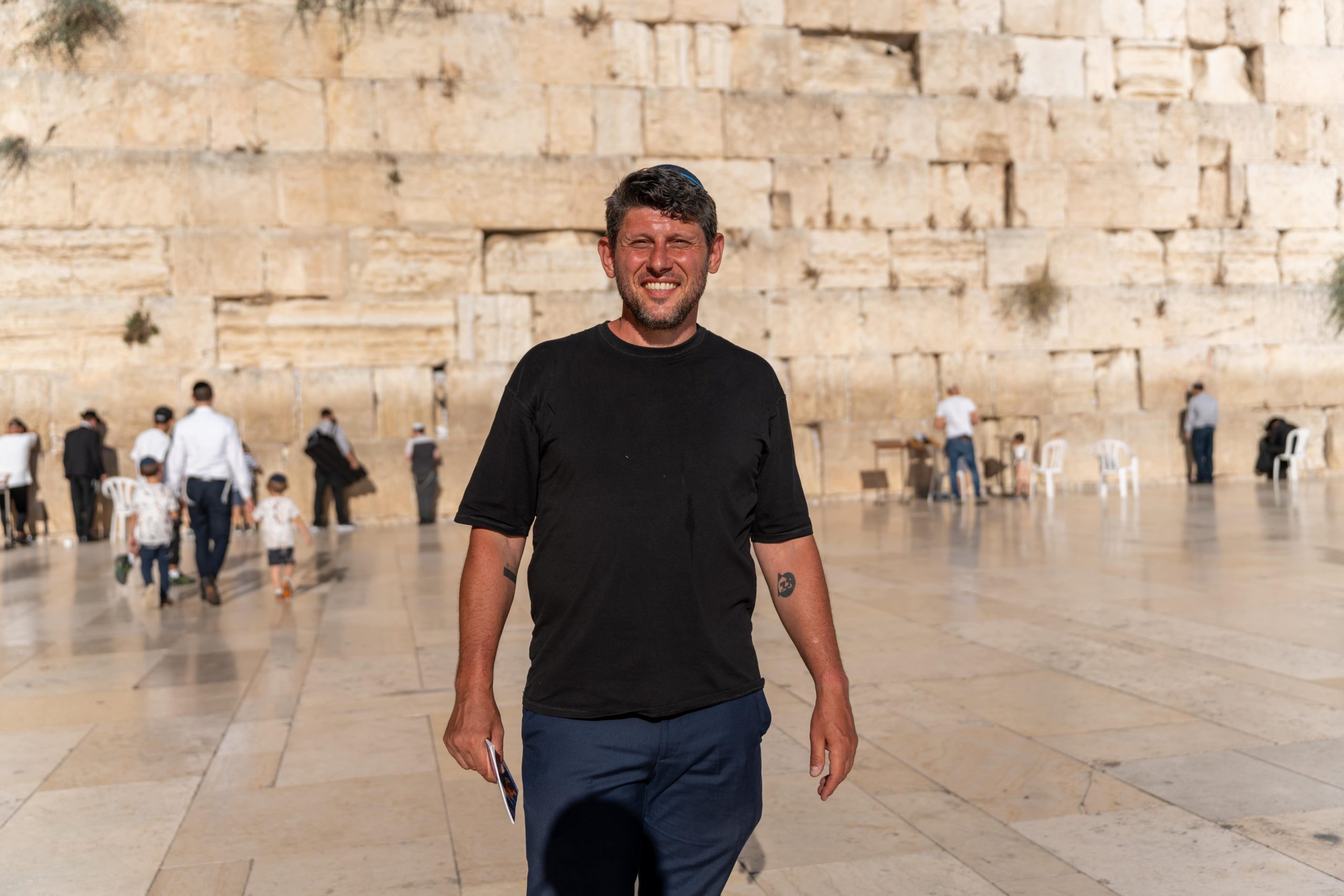
What would you do if you had infinite wealth?
I would do charity work. That said, charity does not always have to take the form of donations or fundraising. I am attracted to social projects that can reach a wide range of people.
What makes you happy and energized?
Communication with family and friends energizes me. I can also name traveling and new, interesting projects. In short, it’s everything that has to do with communication and creating something new.
What frustrates you about people?
Dishonesty. Insincerity makes me feel vulnerable. I’m a very communicative person, but at times like this, I find it difficult to interact with people, whether it’s in personal relationships, projects, or business. I understand that it’s naïve to expect absolute honesty from everyone, but it still frustrates me childishly.
What is your meaning of life?
My meaning of life is to live by striving to make every day valuable and learning new things. In friendship, I try to be a good friend; in family – to love and support my loved ones; in work – to perform at the top level so that it brings value.
What did you dream about as a child?
I don’t remember about my childhood, but in my youth... I was about fifteen years old, and my parents asked me what I would like to do in life. I said, “I want to shuffle people.” It sounded funny, but I guess I had already started to realize that I wanted to do communication work. I just didn’t know at the time what form it would take. Basically, my dream came true.
What is your dream today?
I would like to open a therapy center on the island where I would help people find themselves. This would allow me to realize my mission of making people’s lives better.
What would you be able to talk about endlessly?
About relationships, business, culture, history.
What knowledge would you like to pass on to people?
I would be interested in passing on my personal experiences in interpersonal achievement, communication, and dealing with addictions to others. I don’t mean empirical knowledge or know-how, but support in finding oneself. People often lack supportive resources, and I like to share them.
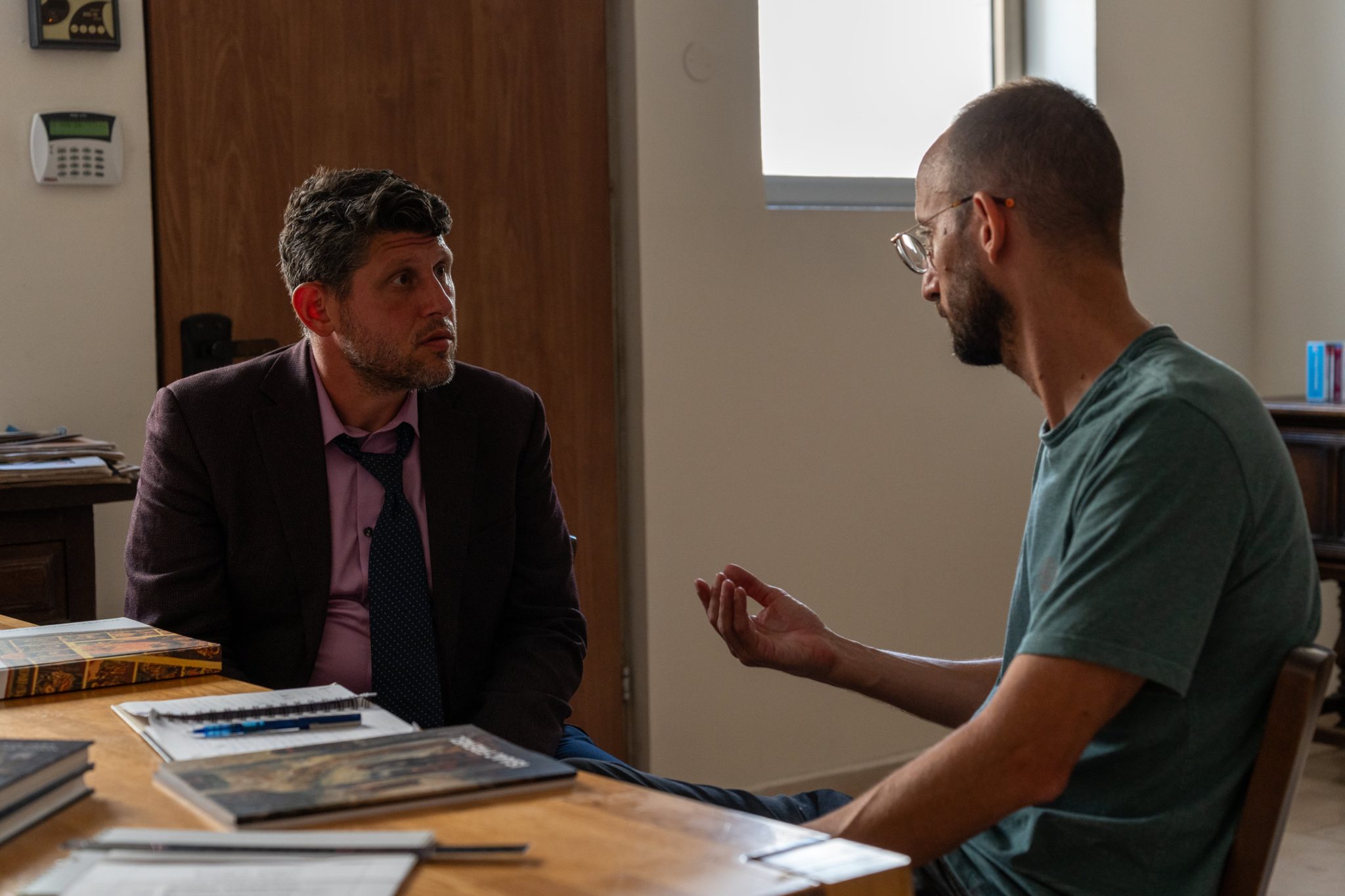
What does your community love you for?
Why am I loved? Probably for openness, kindness, support, and humanity.
Why did your parents love you?
Of course, ideally, parents love their children unconditionally, but this rarely happens in practice. Even if they do love you unconditionally, they still express this love in a certain way. My parents’ love was expressed through approval of my achievements. For example, when I did better in school, I felt more self-confident because my parents began to praise me more. I was cheered up and encouraged for my achievements. I think that this attitude was in part responsible for my adoption of this pattern of behavior in adulthood – treating love as a reward for doing something. Later, as an adult, through psychotherapy, I came to realize that you can be loved simply for who you are. Friends can treat you well simply because they like you. You don’t have to be consistently helpful or beneficial to be accepted. But that’s the model I think I internalized as a child, whether it’s good or bad.
What do you love your relatives for?
I just love them, that’s all. Each one of them is dear to me in a different way; each one has a story to tell. I love them for the moments we spend together and for the bond that exists between us. Just for what they are.
How do you want people to see you?
Genuine.
Why is that image important to you?
I just want to be genuine; it’s my inner desire. Besides, I have a belief: if I am genuine, then others will be genuine with me. If I’m a good friend, then others will want to be friends with me. I realize that it’s impossible to be always genuine with everyone – it’s an illusion. But I would like to, at least, try.
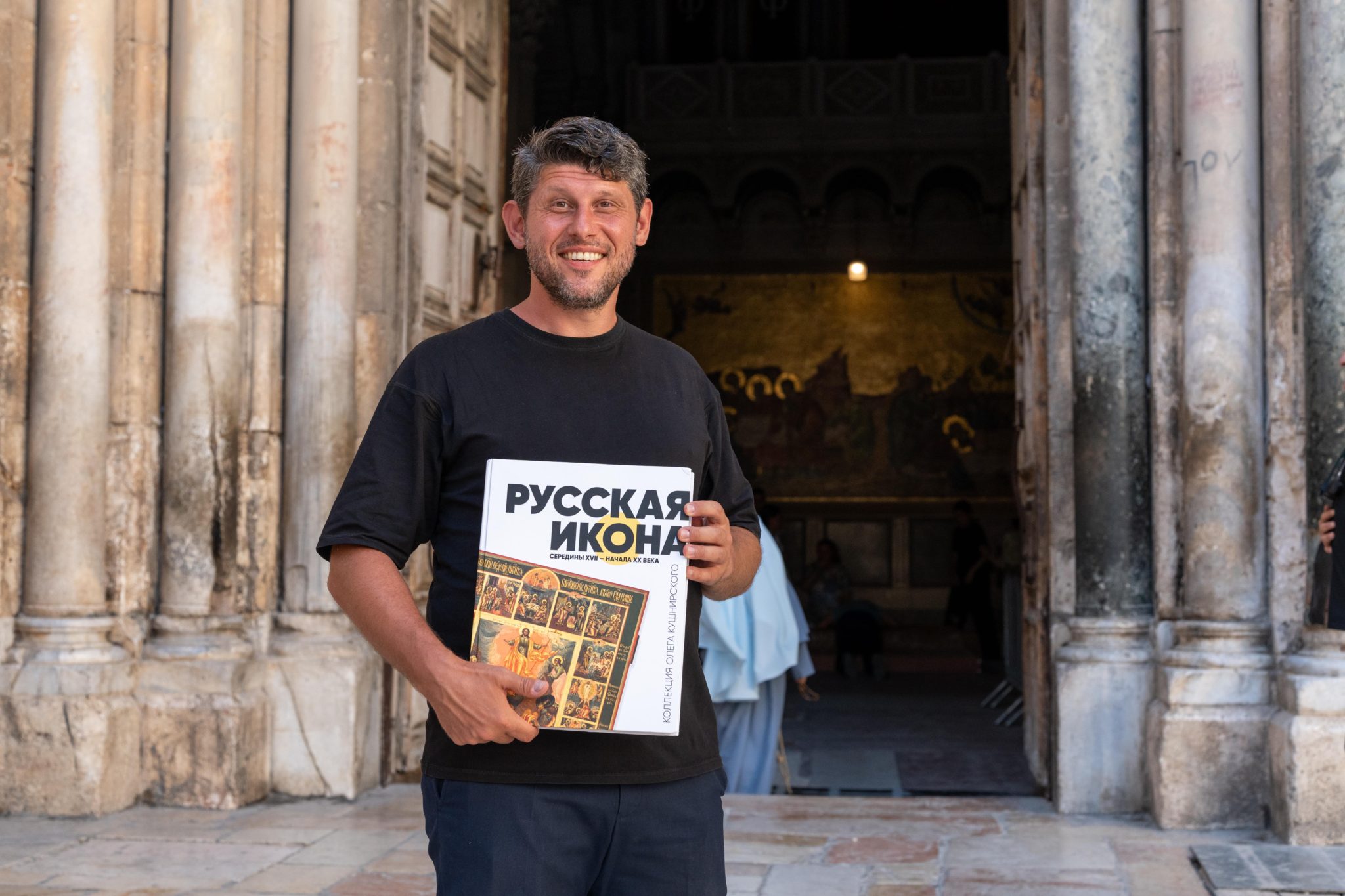
What would you like to hide from the public?
I don’t make my family and personal life public. I know that there are situations when people share their difficult experiences and help others overcome difficulties by their example. But I am more introverted in this sense despite all my communication skills. I also don’t share my fears. It’s very personal for me.
Your favorite colors?
Red, yellow, and blue. I also like black and gray.
What is love for you?
If you take everything that people usually associate with love – affection, acceptance, care, or guardianship – and take it away, what remains is love. Love is something that exists on its own and cannot be explained.
What does care mean to you?
Caring is the ability to share important moments with another person, to make them feel safe without depriving them of their autonomy. For example, you can behave as a guardian with a child, or you can take care of them. In the latter case, you don’t deprive them of independence, including the right to learn from their own mistakes, but you let them realize they can always find support in you. They can always turn to you for help. The same applies to elderly parents; they know that they can count on you when they need it. I think that’s what caring is.
Interview by Inna Logunova
